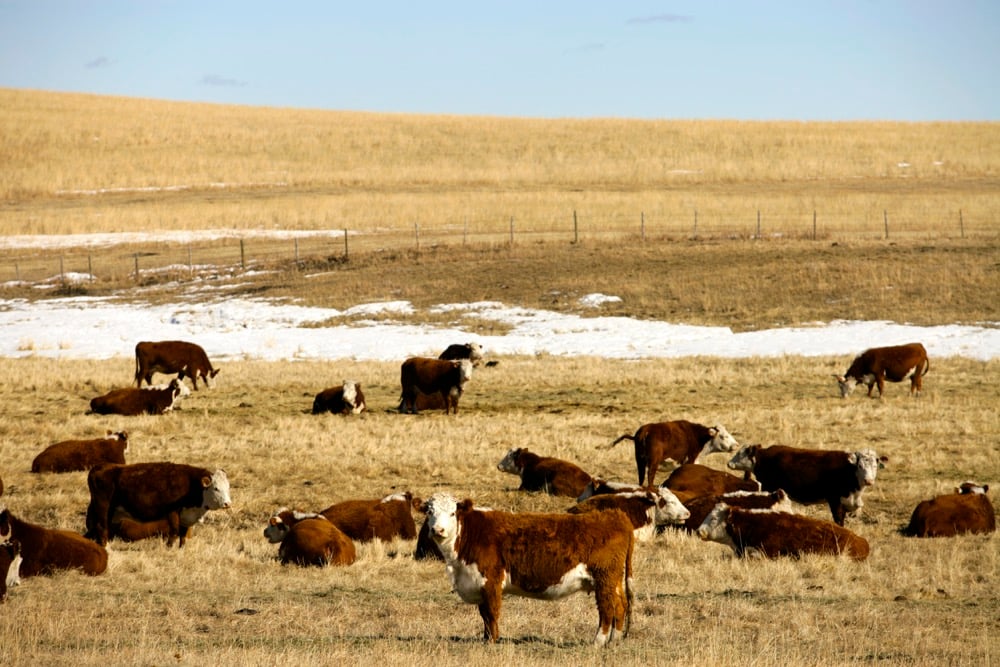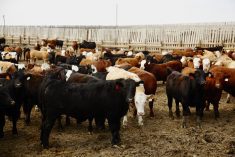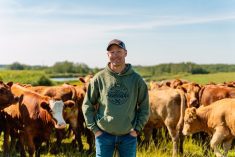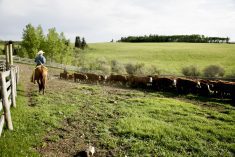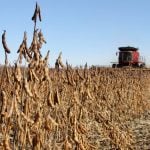Shortly after this column is published, we may have a new federal government. In our role representing Canadian beef farmers and ranchers from coast to coast, the Canadian Cattlemen’s Association (CCA) looks forward to working with not only the leading party, but all parties, to advance the profitability and sustainability goals of our industry. Contributing $17 billion to Canada’s gross domestic product, generating 228,000 jobs and protecting vast amounts of Canada’s endangered grassland ecosystem, the Canadian beef industry is a formidable player in Canada’s political landscape. However, with less than one per cent of the population involved in primary agriculture, it is essential that we as beef producers work together to ensure the industry’s voice is heard.
Read Also
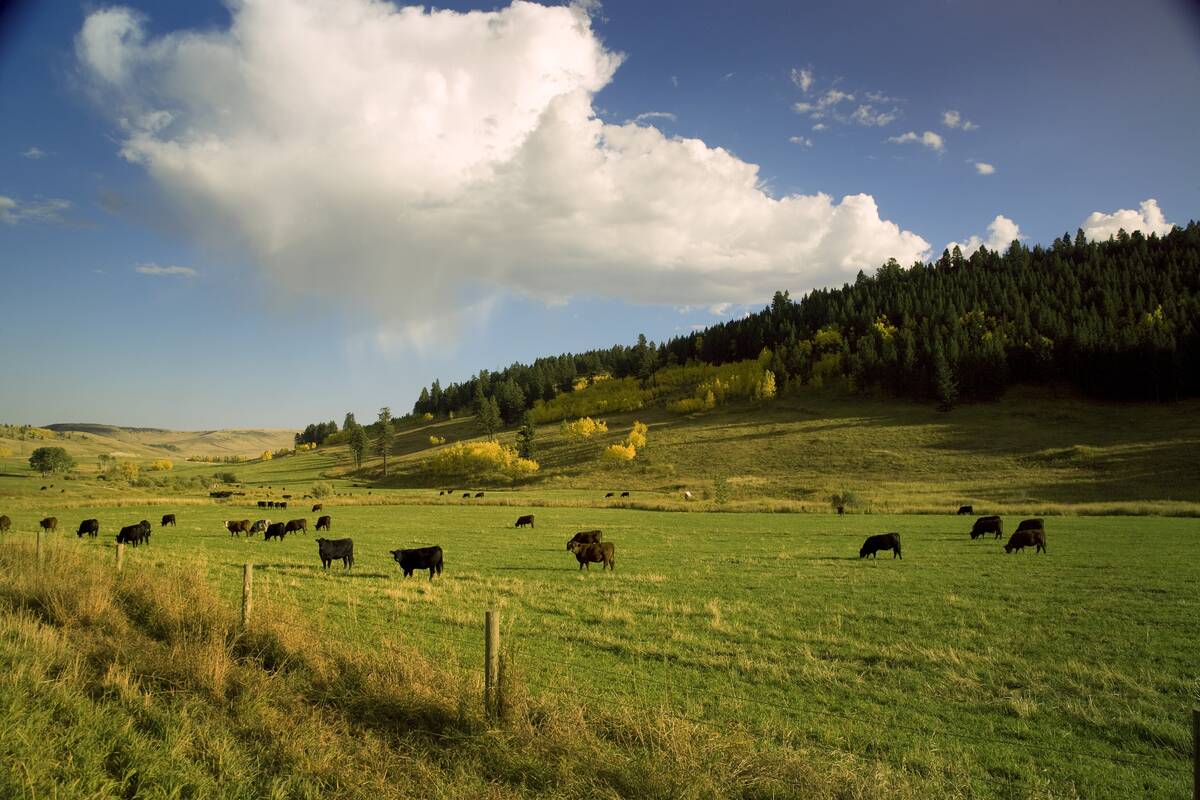
The Canadian Cattle Association’s international advocacy efforts
Global ag policies affect Canadian food policy, so the Canadian Cattle Association participates in international and domestic forums
Based on this information, our recommendations for the federal government to help grow the Canadian beef industry, and subsequently, the Canadian economy, include:
1. Increase the capacity and efficiency of trade by establishing trade advancements through Comprehensive and Progressive Agreement for Trans-Pacific Partnership (CPTPP) expansion, implementing further regulatory reduction and co-operation within the North American market, expanding trade-optimizing protocols with Europe, and re-establishing agricultural trade with China.
2. Strategically invest in science and innovation by enhancing long-term funding for applied agricultural production research through programs such as the science clusters and maintain, strengthen and modernize Agriculture and Agri-Food Canada’s internal research capacity and funding for high-risk discovery research.
3. Enhance the economic resiliency of the Canadian beef industry by establishing a national cattle price insurance program, making changes to the livestock tax deferral program and increasing access to labour.
4. Strengthen our ability to respond to and proactively address animal health and the threat of a foreign animal disease outbreak by exploring the creation of a national foot-and-mouth disease vaccine bank and by supporting the Animal Health Canada initiative.
5. Build strong rural communities by investing in broadband internet access, rural mental health programming, and infrastructure and services that make rural Canada an attractive place to live and work.
6. Support sustainable agricultural production, partnerships and healthy eating that celebrates Canadian agriculture.
Chief among these recommendations is trade, both within North America and around the world. The Canadian beef industry is a world leader in the sustainable production of high-quality beef and 50 per cent of Canadian beef is exported to over 58 countries around the world. Maintaining favourable tariffs and reducing regulatory burden is essential to ensuring Canadian beef production remains viable, and that our customers around the globe are able to enjoy our product.
One of our most vital trade relationships is with our neighbours to the south, the United States. Throughout the ongoing United States-Mexico-Canada Agreement (USMCA) negotiations, CCA’s focus has been on regulatory co-operation and guarding against the resurgence of mandatory country-of-origin labelling (mCOOL).
In Europe, a complex process to meet European Union requirements has limited growth in that market to date. CCA is requesting financial support for a Red Meat Industry Development Fund, which would be focused on addressing current trade-limiting factors. The fund would enhance capabilities to segregate eligible product, support EU requirements for food safety interventions and help address costs and other types of resources needed to implement on-farm production protocols for the EU market.
Investments in research and technology transfer are also integral to advancing Canadian cattle, beef and forage production to fulfill growing global beef demand, while enhancing competitiveness, sustainability and public trust. The industry has the opportunity to continually improve productivity and its environmental performance, including continued reductions in greenhouse gas emissions and water use, while maintaining stewardship of air, water and soil resources. Continual research advancements within the Canadian beef industry not only benefit producers and the economy but ensures the maintenance of crucial grasslands that contribute to carbon sequestration, biodiversity and wildlife habitat.
With the growing disconnect between the public and those who raise food, solid research done in a Canadian context is needed more than ever to accurately capture the sustainability performance of the beef industry, and to highlight areas for further improvement. By maintaining and strengthening Agriculture and Agri-Food Canada’s internal research capacity, as well as increasing funding support through the science clusters program, the Government of Canada will ensure we have the tools we need to perform this important work.
As this fall continues, I am confident that our staff and directors will be meeting with government frequently and ensuring that the Canadian beef industry is on the minds of policy-makers in Ottawa.
Until next time.

